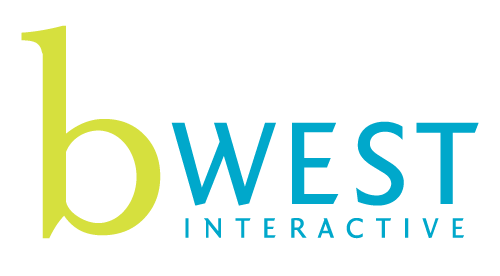
The Blog
At the heart of a social media strategy for real estate agents is a blog. Some have them, others don’t. The question that came up most often is, “what will I talk about”. My answer, “that’s the easy part”, you have lots of content; real estate is content. Marketing that content is the tricky part. When I talked about the types of content they could blog about, the heads started nodding right away.
The Content
Here’s a list of some of the things real estate agents can blog about:
1. Market Reports
This may seem boring to you as an agent, but I know as a buyer I was always combing through market reports to get a sense for which direction things were going. I especially liked getting reports from agents that highlighted a home like mine so I could compare notes on the pricing as well as ideas for staging and selling the home.
2. Listings
This is another great way to market your listings. You have all your listing content at your fingertips and a blog is the perfect launchpad for leveraging that content. Think of creative ways to display listing information using select images and floor plans.
3. Top 10 Lists
Everyone loves lists. There are plenty of subjects areas that you can write a list about. Here are a few.
- Educate consumers on the top 10 strategies to sell their home in today’s market.
- Write a checklist of what is important for a particular type of home or neighborhood.
- Create a list of what to look for when choosing a real estate agenct to work with.
- List the top 10 things to do when staging your home for sale.
4. Talk about Mortgages
The lending market has changed in the last 12 -months, although rates remain attractive. Write blog posts that walk a new buyer through the mortgage application process. This is also an opportunity to highlight any partners you work with or want to recommend.
5. Talk about Home Staging
Educate sellers on the value of home staging. Offer advice on the most important rooms to stage or how to go about working with a professional home stager. Throw in something new like “landscape staging” to peak their interest.
6. Comment on Industry News
Find current topics of interest to home buyers and sellers and offer your opinion. Let consumers know where you stand on the issues. Linking to news stories or other blogs can result in generating links back to your blog as well.
7. Local Information
Talk about what’s happening in your community; chamber of commerce meetings, neighborhood councils, municipal meetings, little league games and local events. This shows that you are engaged with the community, you know what’s happening and have an interest in things beyond the real estate market.
8. Talk about the Community
Let people know what you like about living in [insert city or neighborhood here]. Where the best restaurants, cafes, gyms, schools and golf courses are. Let them know what’s new in the community and link to local resources.
9. What not to Blog About
As you can see from the ideas above there are plenty of rich topics to blog about. Within those blog posts a certain amount of self promotion is to be expected. What you’ll want to avoid is too much blatant self-promotion in every blog post. Try first to add-value for the reader. If you do that readers will remember and come back to you when they are ready.
So as you can see you do have lots of content to talk about, and content as they say, is king. Use your blog as a foundation for content marketing. In a follow-up blog post I’ll talk about how to market your content.
In the meantime, please let me know if you have any questions or additional ideas for real estate related content you can use on your blog.



